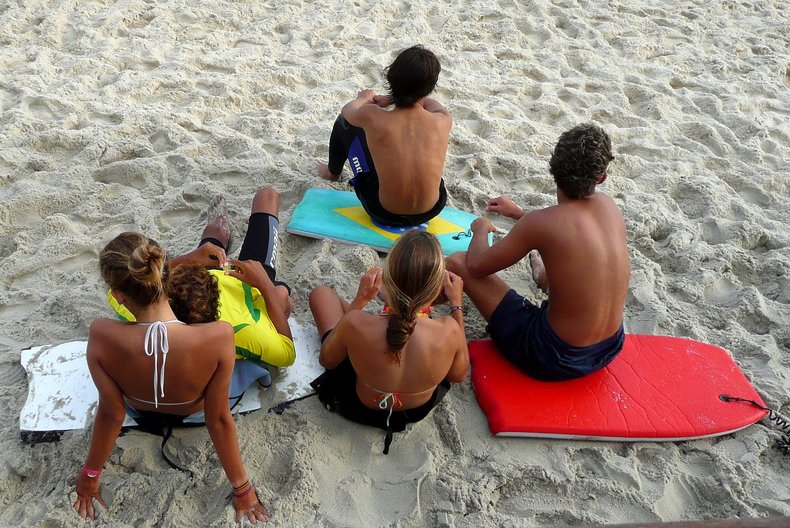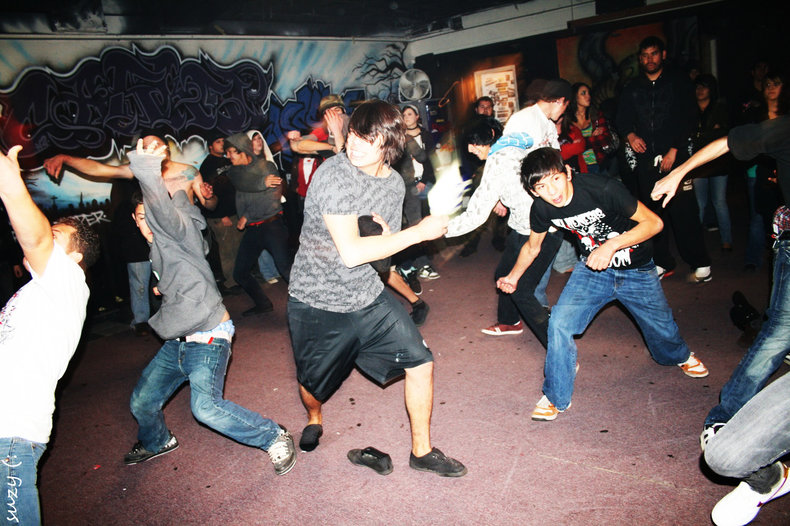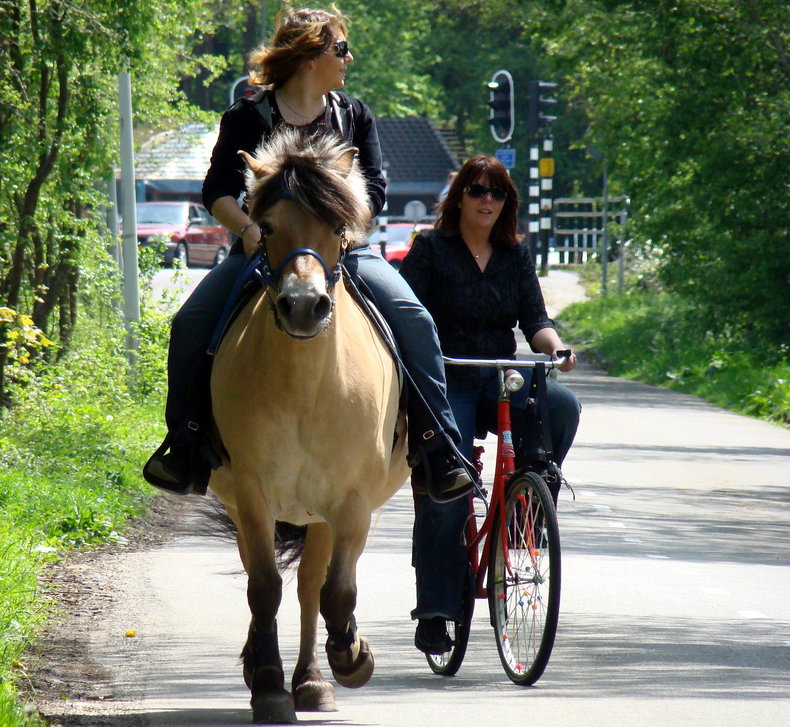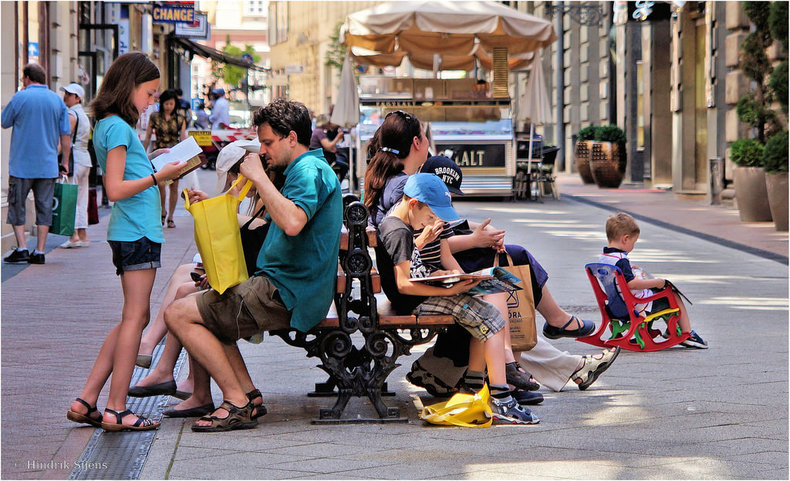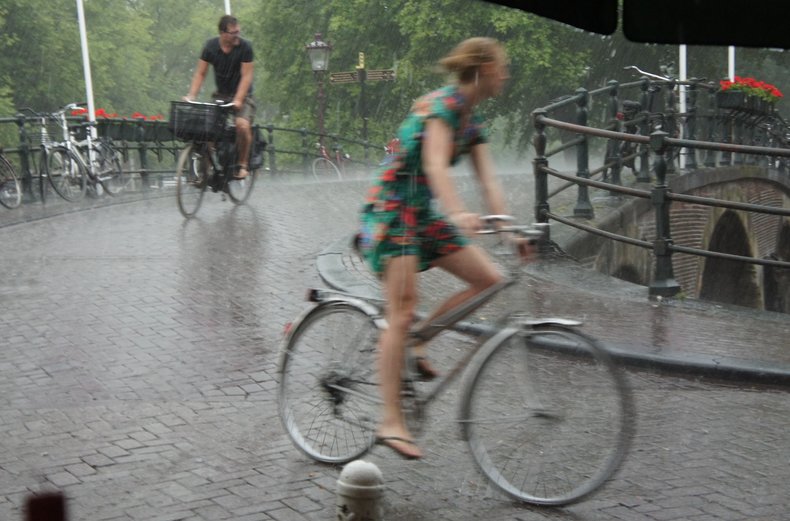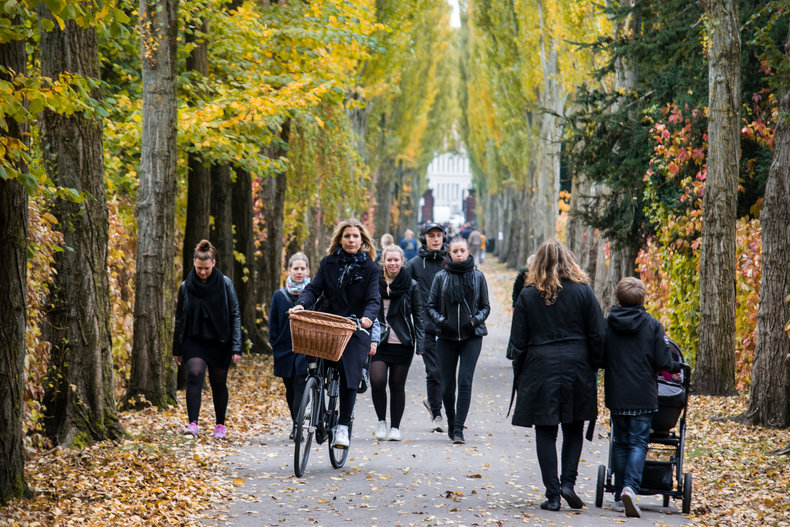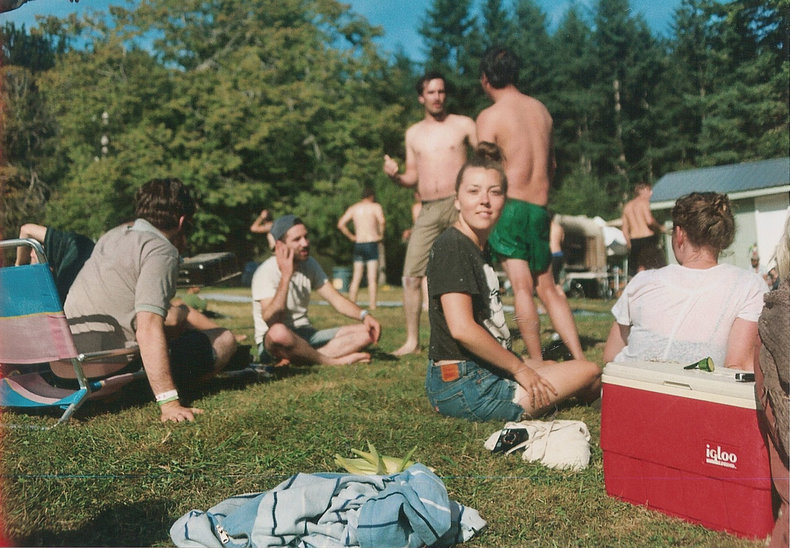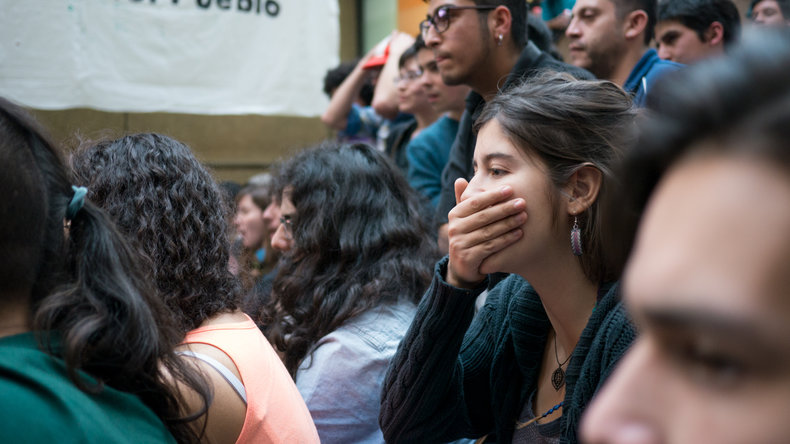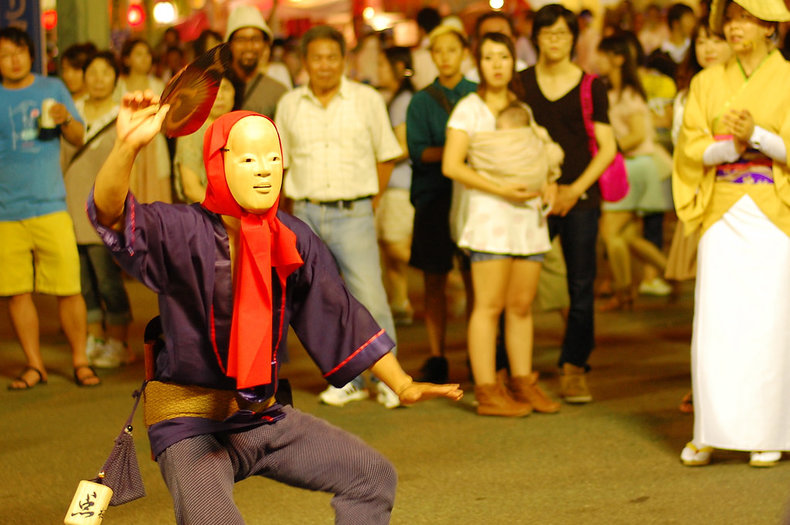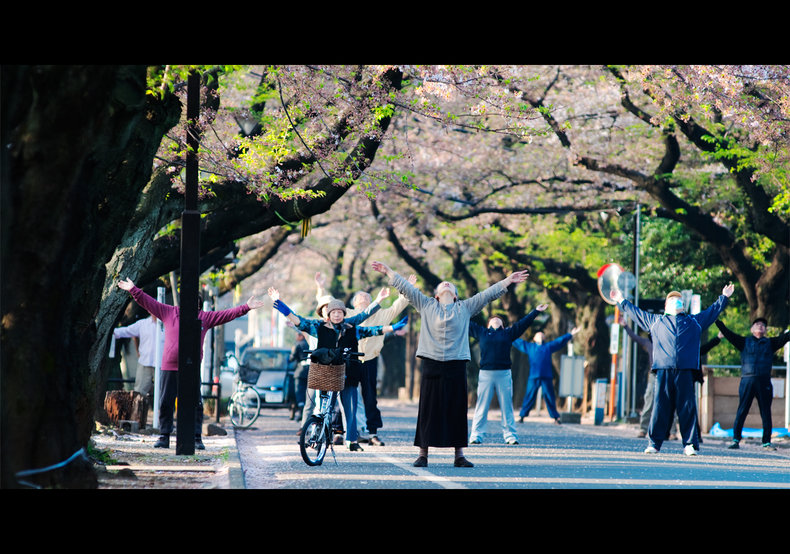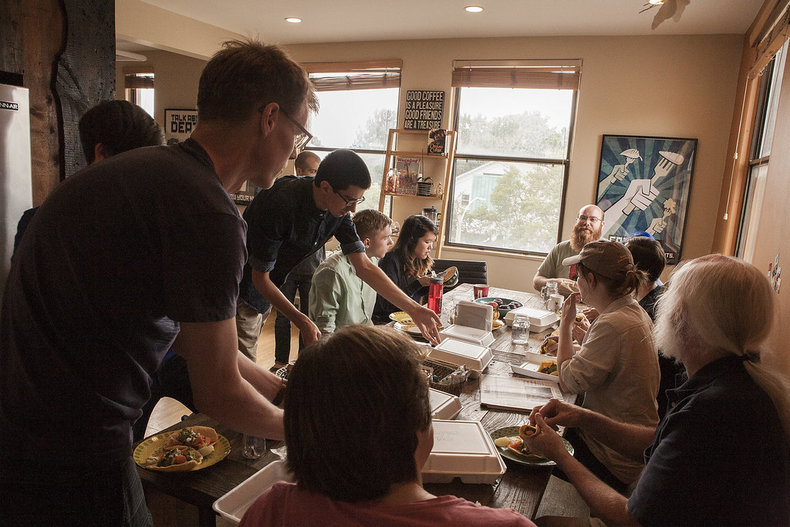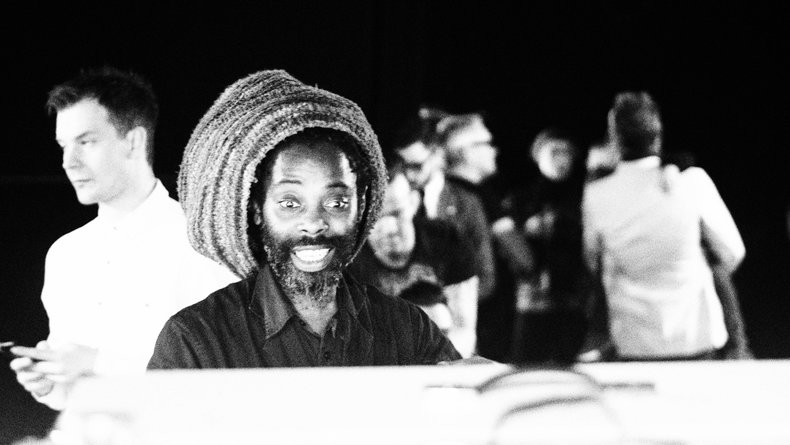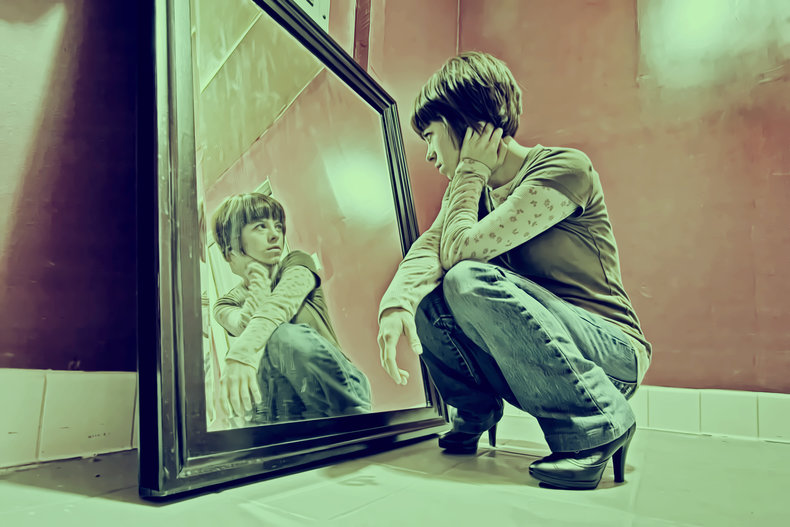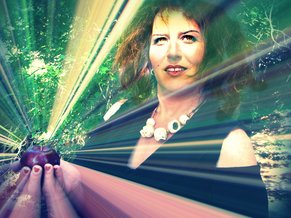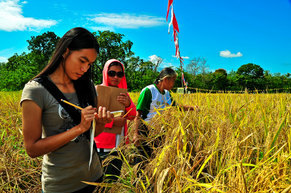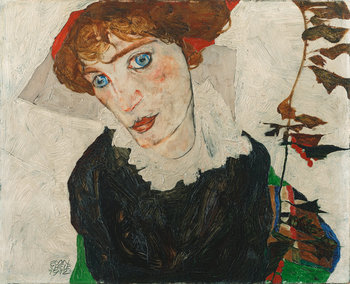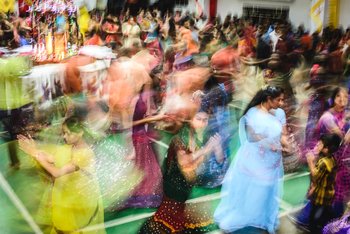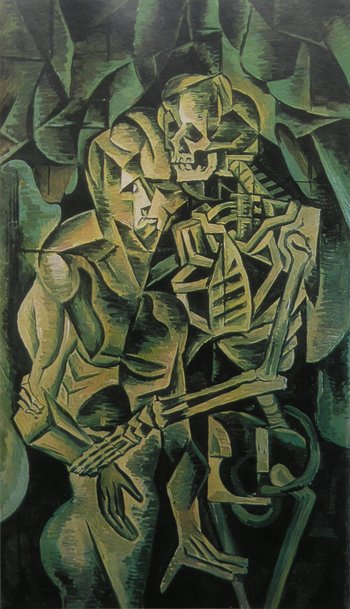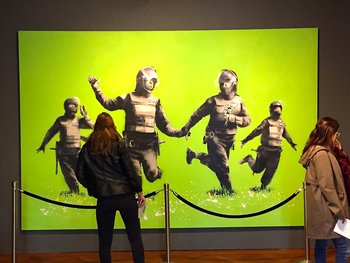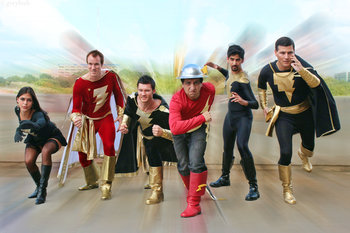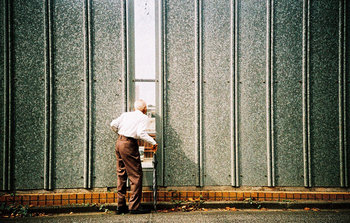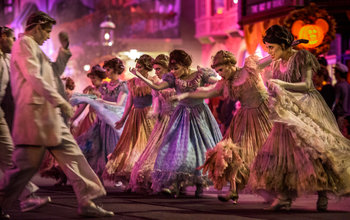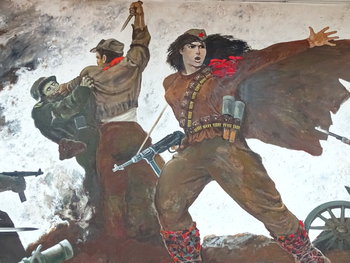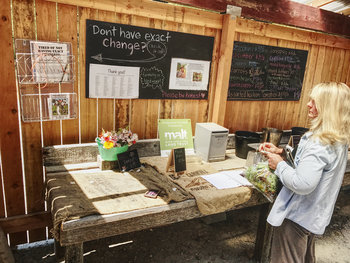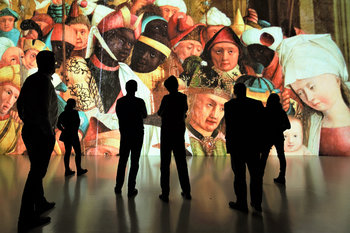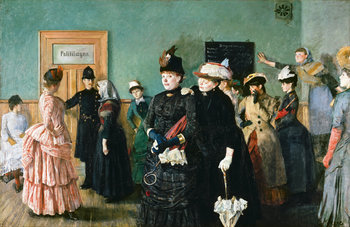|
| |
A way of life is an approach to life that describes how an individual or group survive and thrive. In the case of an individual, this is based on character, worldview, talents, means, capacities, habits and environment. In the case of a group, this is based on society, culture and tradition. The following are illustrative examples of a way of life.TimeUse of time and views of time such as respecting time or trying to live in the moment without regard to past or future. ThinkingThinking tendencies such as an individual who is optimistic or pessimistic, logical or emotional, independent or dependent.
IntentionalityThe ability to form creative intentions, objectives and goals. BehaviorThe ability to align your behavior to your ideals and plan. This is based on character traits such as self-discipline, persistence and resilience.Existential AngstExistential angst is the fear that your life will be less than it could be. This is often cited as a core motivation that gives people energy.Risk TakingThe degree to which you seek safety and stability or opportunity, adventure and change. Another aspect of this is how well you manage risk such that risks are calculated and reasonable.TransportationHow you get around such as a short, enjoyable commute versus a long, stressful one.ProductionWork and value creation practices such as an unusually productive carpenter who becomes absorbed in a job for many hours at a time.ConsumptionConsumption habits such as an individual who researches purchases carefully because they seek unusual quality and value.InformationInformation seeking and analysis habits such as studying, reading and social media.LeisureThe ability to secure leisure time and use it well.HomeThe cultivation of a home and domestic life that gives you what you need.PlaceThe place you live ends up influencing your way of life in countless ways. For example, a neighborhood with a sense of community versus one that is detached and hostile.GovernmentGovernments greatly influence way of life. Generally speaking, a government that makes somewhat reasonable decisions will produce significant improvements to quality of life with time. EconomicsPoverty pushes people into a difficult corner whereby their way of life may be dominated by need and struggle. It is not so much wealth that changes way of life but disposable income -- funds that you are free to invest in leisure, improvement and capital. NatureAppreciation for nature and ability to experience it.AestheticsThe pursuit of aesthetics such as art, architecture or fashion.SocialSocial bonds, habits and talents. For example, an individual who effortlessly networks and makes friends or an individual with a few good friends that are important to them.CultureImmersion in cultures such that you can enjoy shared experiences and creative expression. For example, a sports enthusiast who can enjoy sports with others.TraditionA tradition is a way of life that is transferred from one generation to the next. Traditions produce stability and common experience across generations.FreedomThe degree to which you are free of systems, cultural and social constraints such that you can do as you please. People certainly want to be free of large oppressive forces. However, it should be noted that many people are perfectly happy bound up in roles, responsibility and accountability such that they don't have much freedom but are an integral part of social groups. Creative TensionPeople strongly desire peace, comfort and security but may see problems that require creative tension.Social ComparisonThe degree to which you compare yourself to others. For example, the relentless pursuit of social status in order to outdo one's friends and neighbors.External ValidationThe need for others to validate you with recognition or status. The opposite of this is coolness and unaffectedness whereby an individual knows themselves well and is seldom derailed or inflated by others.SelfAn individual's life beyond the social such as the things they like to do alone. This can include anything from quiet self-reflectioin to adventure.ImaginationUse or disuse of the imagination including elements such as day dreaming, play and creative thought.EscapismTaking a break from reality with elements of fiction such as games, movies and theme parks. Escapism potentially benefits reality. For example, fiction is considered a primary driver of innovation and change.PhilosophyHow you deal with foundational questions related to existence, nature and purpose. This includes pursuits such as religion, spirituality and self-reflection.Health & WellnessHabits and bad habits related to health and overall wellness such as an individual who has jogged several times every week for the past 40 years.FoodFood life such as food cultivation, cooking, social meals, nutrition and avoidance of junk food, overeating or unhealthy diets.JoyThe ability to find joy in the things you do such as work.ResilienceThe degree to which you respond to difficulties in positive ways that build you up as opposed to becoming dejected and gloomy.JudgementThe quickness with which you judge others, yourself and circumstances. For example, a stoic individual who isn't quick to judge circumstances as good or bad.People & PlanetThe concern, care and effort that you demonstrate in trying to do the right thing as you see it.Epic ExperienceThe pursuit of unusually meaningful experiences, in your judgement.Way of Live vs LifestyleLifestyle is essentially the same concept as a way of life. Lifestyle tends to be used to explain relatively superficial elements of life such as your home, consumption patterns, work, fashion and hobbies. Way of life is a deeper term that includes your character, thinking and behavior.
Lifestyle
This is the complete list of articles we have written about lifestyle.
If you enjoyed this page, please consider bookmarking Simplicable.
© 2010-2023 Simplicable. All Rights Reserved. Reproduction of materials found on this site, in any form, without explicit permission is prohibited.
View credits & copyrights or citation information for this page.
|
